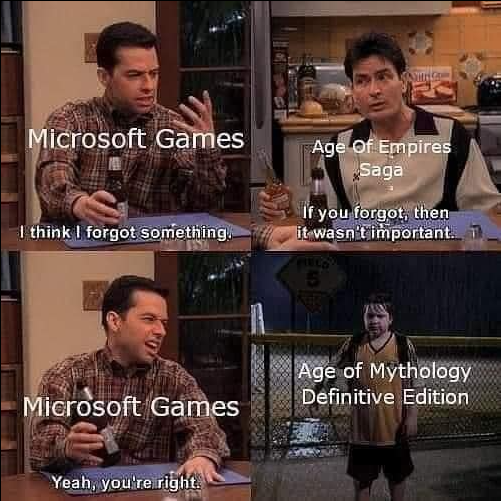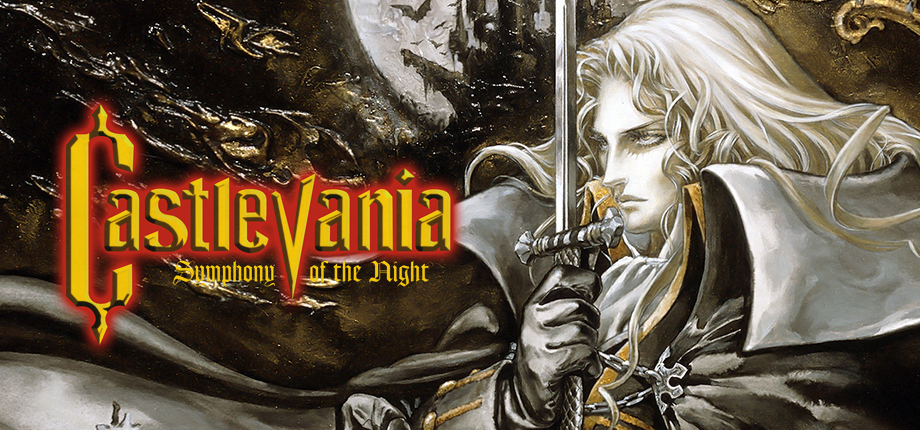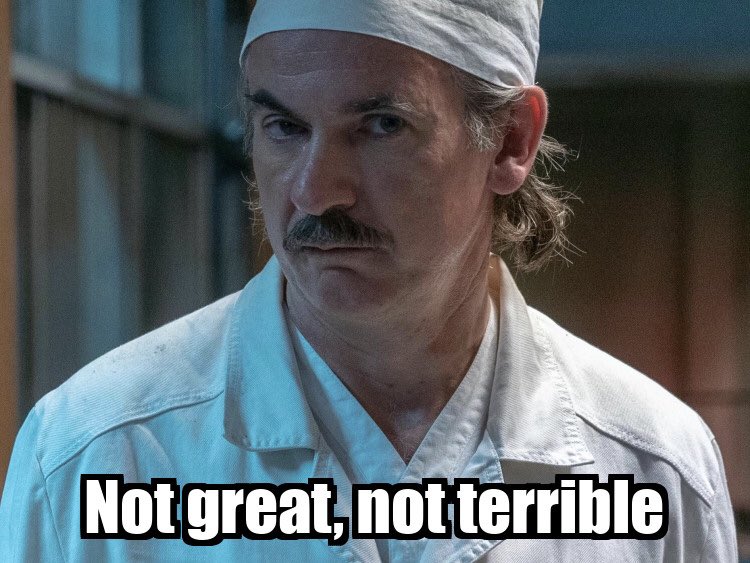Finished
Spiritfarer (Thunder Lotus, 2020)
While the game's promotional material makes it out as a "cozy management game about dying", it isn't really. Spiritfarer is an interesting mix of genres - light RPG elements, light base-building / management, light platforming action, open-world-(map) exploration and lots of mini-games around crafting and resource-gathering. But at its core, it's an adventure with a story to tell and a point or two to make - and the resulting emotional impact is like a ton of bricks to the face. It's about dying after all.
Pro:
- The art direction is a a continuation and refinement of the style of Thunder Lotus' previous game, Sundered - but with a couple extra sugar cubes, so most of the time, it's all very cute. Super charming, I was in love right from the beginning.
- Also returning from Sundered is composer Max LL, who delivers at least half of the soul of this game with his amazing soundtrack. Built around two themes, the music carries the game and the player from emotional highs to lows and back again with a plethora of arrangements and melodies that might prove unforgettable.
- The game quickly gets the player into a pretty busy loop of base(=boat)-and-resource-management, exploration, questing and of course, all of the crafting mini-games and it doesn't take long before that "oh let me just do this one more thing, and this one and this one" flow kicks in that makes the hours fly by.
- The story of the player character and the various main NPCs is itself a puzzle that is told through little bits of conversation and the whole drama of it creeps in very, very subtly, but by the time you get to carry out your titular job of Spiritfarer a couple of times, the game has transformed itself from a cutesy time-sink to something a lot more profound. A very ambitious piece of video game direction - and it works devastatingly well.
Con:
- The game tries to balance leaving the player a lot of freedom by throwing them into a non-linear open world with carefully placed progress gates, skill gates and copious tutorialization, but it still is possible for the player to accidentally put a little too much - or too little - onto their plate and that will sabotage the game's pace somewhat.
- A couple of the mini-games could use better tutorials - I only discovered halfway through the game that a couple of them were a lot less inefficient and time-consuming for crafting resources than I first assumed. The general principle for many of the mini-games is that you can put a whole bunch of resources in and "process" them in batches. For a pretty long time, I thought they all worked on one piece of material at a time only.
- By the time my base(=boat) was nearing completion, the game had trouble keeping up the 60 frames per second - a little irritating, considering I was playing it on the most powerful video game console money could buy in 2016. Prospective buyers on Xbox One S/X (not Series S/X!) and PS4/Pro take note. That said, it didn't really matter or degrade my experience in any way, but I couldn't help notice either.
This might seem odd, but I felt strongly reminded of
Haven while playing this.
You would not make that connection when looking at screenshots of both those games, but they have
so much in common - the wild mix of genres and mechanics, the dramedy for a story (with comedy ultimately winning out in Haven's case and tragedy in Spiritfarer's), all held together and anchored by the busywork of domestic maintenance. Haven is about love and life. Spiritfarer is about memories and death.
Both are brilliant examples of how games can successfully carry timeless artistic reflections on the human condition and not be interactive movies or walking simulators - apparently you just have to mix and match some of the best elements of the last 30 years of game design, fit them to a story and - voilà - art emerges.
Another new all-time favorite and another
5/5
Previously reviewed in this thread
here.













 Only running back and forth between three cameras to adjust/place them. That was like 90% of the game. There was no mystery. What a disappointment.
Only running back and forth between three cameras to adjust/place them. That was like 90% of the game. There was no mystery. What a disappointment.
